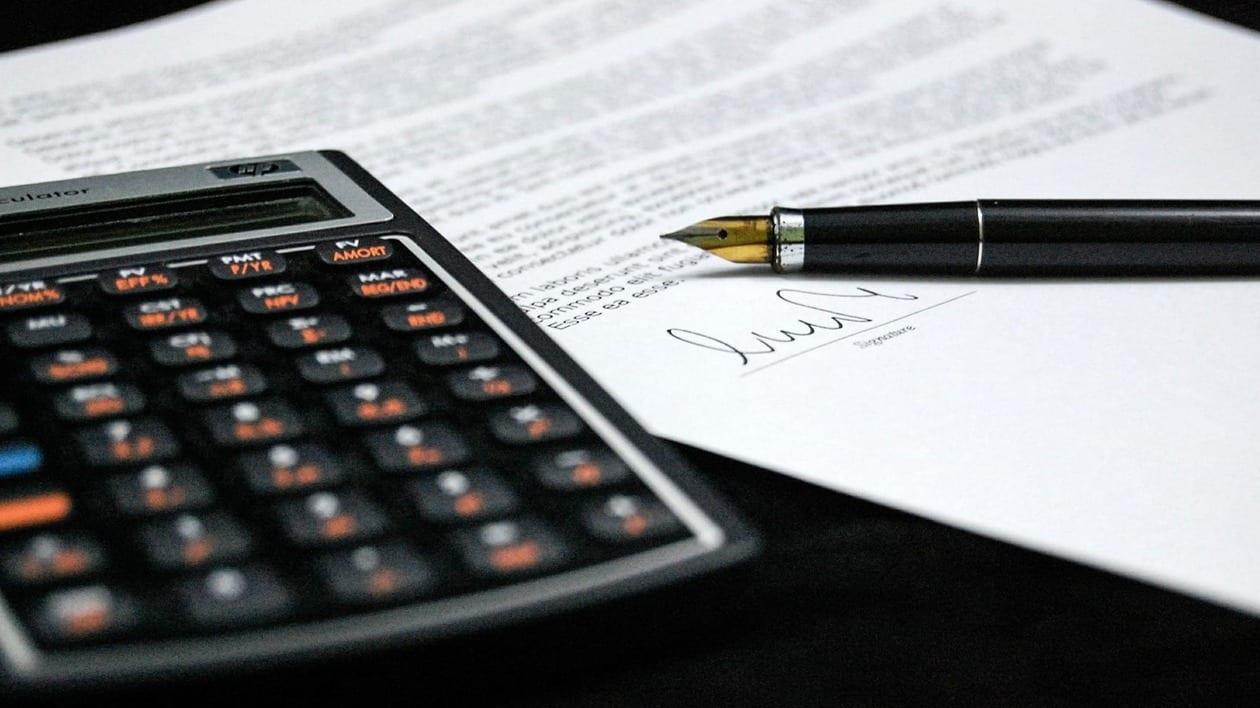Flip on any news channel and you will see experts warning views against the possibility of a recession in the coming months. Some even have gone to the extent of sharing how they feel that the impact of the recession is palpable with companies laying off their employees and the Central Bank constantly upping interest rates to tame inflation.
In the midst of all these conversations surrounding recession, the one thing that many people fear is their inability to pay their bills. Rising prices and hiked interest savings have relegated people to pay for things they need while pushing them into further debt.
The ability to meet daily expenses is higher among borrowers burdened with high-interest loans and the prospects of these interest rates being further raised in the near future. Not that you will get a magic wand to escape recession and its impact. However, there are ways in which you can shield your finances from the recession while being able to pay your bills.
Step 1: Save more now than ever
Social media channels are flooded with news and information about layoffs. Only the lucky few have been able to hold on to their jobs; one has to be exceptionally lucky to get a bonus or an increment during these trying times.
The stress to be able to continue being employed and saving every month is too high; the financial stress is giving way to emotional stress for many. In situations like these, only bolstering up your savings can help. To ensure the timely paying of your bills, you must ensure enough liquidity which is possible only by shoring up enough cash in your emergency fund.
Is the current cash piled up in your emergency fund enough? If not, you might want to benefit from the high-interest rates offered by banks and financial institutions on their various deposits. A bit of money secured in your savings account while moving the remaining amount to a fixed or recurring deposit will ensure the continued growth of your emergency fund. If you are still struggling to prep up your emergency fund or keep enough cash in it, you must check where your money goes every month or the untoward expenses that you must avoid.
Step 2: Prioritize your bills
Forget being able to secure the tickets to a new movie release; instead, focus on which bills you must pay to survive. These include rent, paying groceries, electricity/water bills and necessary medical supplies. Then, ensure that your loan EMIs are paid off in time to avoid the piling of debt.
Prioritize your bills so that you miss none of them or rather ensure that these bills are repaid within a week of receiving your salary. Set aside to pay your insurance premiums and allocate a good amount to your healthcare fund to meet unforeseen expenses on hospitalization and subsequent treatment.
Step 3: Work on a side hustle
Side hustling is now synonymous with moonlighting which caught the attention of the technology sector a few months ago. However, irrespective of what people say, side hustling to earn passive income is the need of the hour. You cannot rely solely on your salary to meet your expenses while continuing with your investments.
Start with anything like working for a few hours extra every day, taking up freelance content writing, editing or graphic designing, taking online tuitions for students willing to pay or any job that earns you a few thousand rupees extra every month.
Come whatever may, you must ensure that extra money keeps flowing in. Apply to companies online to check how much money they would be willing to pay for your services. While these platforms will not make you a millionaire, they may lend you a much-needed financial breather and reduce your stress.
Step 4: Track your expenses
Don’t be one of those who frequently complain about where and how their money vanishes by the end of the month. If you continue to struggle with your spending habits, create an excel sheet to track your income and expenditures.
You can pen down your expenses in a diary or jot down the same in an excel sheet on your laptop or your computer or download a budgeting app to track your daily spending, create a budget and set goals for yourself.
Step 5: Be low on your credit card debt
Credit cards need not be the necessary evil that many fear. Instead, you may use the same to pay for your expenses and avail of the benefits of buying at discounts earned from credit card points. Alternatively, you may pay in cash or use your debit card. However, if you still have to pay using your credit card, to avoid adding to your existing balance, you could try to pay off the charges you incur each month in the future.
Step 6: Consolidating your debt
It is common for many people to take multiple loans. One could be the most commonly sought home loan or vehicle loan, credit card debt, personal loan and more. If you have taken many loans from various sources, it would be best if you consolidate all your debts into one only kind of debt and then plan on repaying it. This way, you would not miss out on any loan repayment while also repaying the new loan at a much lower interest rate.
There is no harm in seeking help if you are struggling with your finances. Do not feel shy to ask friends and families for much-needed financial help. However, it would be better if you plan your finances well in advance so that your journey to financial independence is not impeded.
